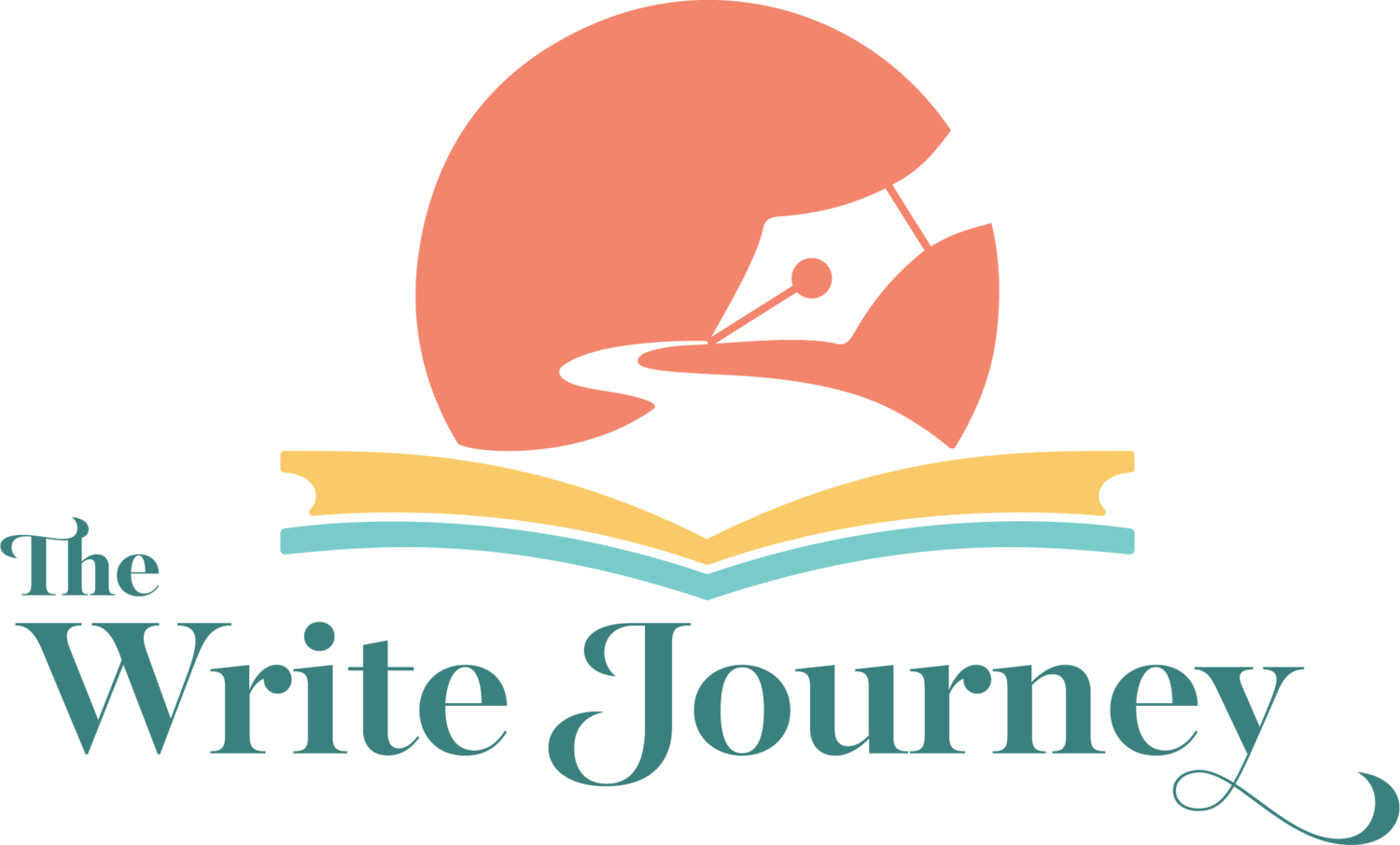Often, the task of writing anything starts with the question, “What is the purpose of this writing assignment?” Many think of creative writing or story-telling. Some think of poetry or journaling. Still others think of research papers and long essays. However, in most instances, students must learn how to address writing prompts, identifying whether the prompt asks a question of the student or tells the student to write about a specific topic. Our Writing Foundations Classes help students learn to respond to writing prompts in all situations.
Formal academic writing requires students to consider the prompt, decide their ideas or perspective, and then write a number of sentences about that given prompt, or topic. In the FW classes, we teach students to break the assignment into manageable steps:
Gather the ideas related to the prompt
Decide which ideas to use in their writing, or composition
Organize the ideas for flow
Put the ideas into complete sentences
Edit or correct the sentences for strength, correct grammar
usage, and quality
Produce a final composition that the student knows is strong
because all the steps are addressed well
Time and again, The Write Journey hears comments from parents about the overwhelming expectations for their children when it comes to writing. They are expected to simply know how to write many words on any given topic. The expectation also demands that students find themselves naturally able to write because they read many books, or simply because they are older. These often misguided or unfair expectations may leave a student feeling as if they did something wrong, or as if they are not write enough to complete the task. We come against this methodology with our Writing Foundations Classes. Our goals aim to equip and empower the writer to address a writing assignment with specific skills to complete the task. The writer’s toolbox that we help students fill enables them to pull out the correct tool at the appropriate time.
Our focus for students is that they would gain mastery over the skills. This means that they need instruction, time, and practice. An athlete may begin with some natural abilities, but properly learning the fundamentals, plus hours of practice make a professional athlete stand out. The same is true with writing. A student may begin with some natural skills such as good ideas, eloquent phrases, and correct spelling. However, these are just parts of the whole. A student trained in the writer’s craft we teach will be able to pull all of their skills together to form a well written, well thought-out, skillful composition. It simply takes the proper instruction, time, and practice.
Writing Foundations Levels 1, 2 and 3: Our Basic Writing Level 1 class opens in the first week of each month. We encourage students to complete levels 1 and 2 (4 weeks/classes each) at the minimum. These first two levels instruct the student in the various tools needed for writing well. The third level allows the student to consistently practice the methods learned in levels 1 and 2. Students will receive robust feedback from the instructor, identifying and arming the student’s strengths, and challenging the student to improve their weaknesses.
Formal Academic Essay Writing is the High School Essay Writing course. This 12 week course helps high school students learn the various types of essays and compositions: personal reflective, descriptive, expository, persuasive, argumentative, response to informational text, and research projects. Students in this course learn the tools for composing much longer writing pieces without losing any of the skills needed to compose their compositions well. This course begins at the first week of each semester (January and August).
If your student needs help in the specific subject of writing, consider enrolling that student in the Writing Foundations courses. The link to our website is added for your convenience. You will find more information on the website about these classes, and the many other services we offer!
https://thewritejourney.net/basic-writing


